- News
- Reviews
- Bikes
- Components
- Bar tape & grips
- Bottom brackets
- Brake & gear cables
- Brake & STI levers
- Brake pads & spares
- Brakes
- Cassettes & freewheels
- Chains
- Chainsets & chainrings
- Derailleurs - front
- Derailleurs - rear
- Forks
- Gear levers & shifters
- Groupsets
- Handlebars & extensions
- Headsets
- Hubs
- Inner tubes
- Pedals
- Quick releases & skewers
- Saddles
- Seatposts
- Stems
- Wheels
- Tyres
- Tubeless valves
- Accessories
- Accessories - misc
- Computer mounts
- Bags
- Bar ends
- Bike bags & cases
- Bottle cages
- Bottles
- Cameras
- Car racks
- Child seats
- Computers
- Glasses
- GPS units
- Helmets
- Lights - front
- Lights - rear
- Lights - sets
- Locks
- Mirrors
- Mudguards
- Racks
- Pumps & CO2 inflators
- Puncture kits
- Reflectives
- Smart watches
- Stands and racks
- Trailers
- Clothing
- Health, fitness and nutrition
- Tools and workshop
- Miscellaneous
- Buyers Guides
- Features
- Forum
- Recommends
- Podcast
feature
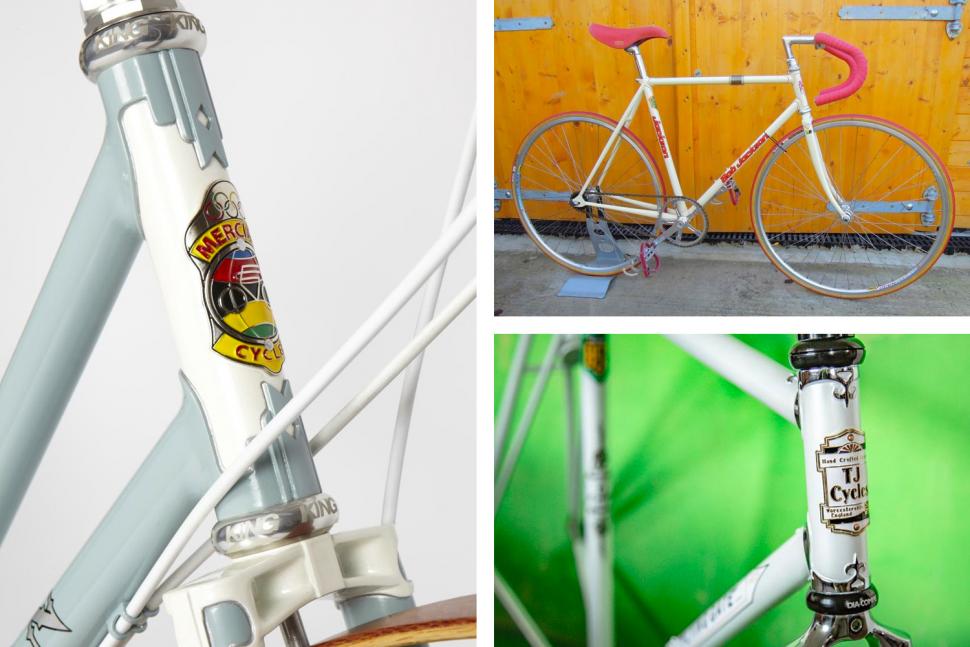 Northern Vintage March 2022
Northern Vintage March 2022Northern vintage: 10 of the best 20th century British bike builders from the North and Midlands
It's time for the second part of this double-header rounding up some of the most popular frame builders from the past, and this time we're looking at makers from the North of England, and some based in more northern parts of the Midlands. We're sticking with steel, so there's a strong 70s and 80s theme here - essentially before aluminium and carbon took over as the dominant bike frame materials.
> Southern Steel: classic 20th century bike builders from the South of England
As mentioned in part one, there's far too many for us to round up all the great British steel bike frame builders, so we've limited ourselves to 10. We're not saying they're definitively the best 10, but simply builders that stand out in the memory as some of the most well-known at their peaks.
Let's clip in (or strap in as it was back then) and enjoy another pootle down memory lane...
TJ Cycles
Trevor Jarvis (TJ Cycles) is most famous for his complex and bewildering Flying Gate frame, and started building in 1979 in Burton-on-Trent. He built in the historic 'flying gate' style, that was based on a 1930’s Baines frame he had restored himself.
TJ Cycles even went on to sponsor a pro British and Belgian mixed team called TJ Cycles/Glemp, which certainly raised a few crooked eyebrows. It was also reported that this wasn't a great financial move for such a small company...
Trevor has always been highly credited for his frame building skills, and is still making Flying Gate and regular frames today.
Bob Jackson Cycles
Quite probably the most famed of northern frames builders was Bob Jackson of Leeds. Bob started out making frames back in 1935, which were then badged as Olympic Cycles JRJ (John Robert Jackson).
When WW2 came around he closed up shop to join the military, and then restarted his business a few years later. In the mid 1950s he also bought Merlin Cycles, and over the years the company has also produced for other brands.
> 11 of the best British bike brands
His road, track and touring bikes were the standard for many cyclists, not only in the UK but all over the world.
In 2020 it was announced that Bob Jackson Cycles would cease to exist after 85 years... but the outpouring of affection for the brand's closure clearly reached some people who were prepared to put their hands in their pockets to save it, as in late 2020 it was announced that outside investment offered a glimmer of hope. The Bob Jackson website currently says "a new beginning is coming soon"; and we hope to see these great Yorkshire steel horses riding again in the near future...
Henry Burton
Stafford-based bike shop and frame builders Henry Burton Cycles were the go-to for local riders and racers for decades, and they’re still in business.
Henry set up in Mill Street in the centre of Stafford in 1950, and was a prominent builder from the 50s until his death in 1978. His son John, also a prominent road racer, took over the business, and they now specialise in custom-specced bikes.
There are still many old Henry Burton frames to be found around, especially in the Midlands.
Woodrup Cycles
Woodrup have been producing some of the finest and most popular custom frames in the north since 1947. Maurice Woodrup learned his craft working for Bob Jackson, and then set up his own shop and frame building business.
As well as sponsoring teams and individual riders for decades, Woodrup also built some of the most successful and fastest frames around under other brand names, mostly for local riders who had raced on their frames for many years.
The highly successful Bantel team of World Pursuit Champion Hugh Porter and Sid Barras rode Woodrup-built bikes, as did Barry Hoban and many of the Viking pro team. It is widely believed that their bikes have won world titles and Tour de France stages under other badges.
A regular at the Bespoked show celebrating handbuilt bikes, Woodrup is still very much in business and firmly in family hands.
Ellis Briggs
Way back in 1936, Thomas Briggs and his brother-in-law Leonard Ellis opened a bike shop together in Shipley. In the 30s Yorkshire was already a cycling hotbed, and so they decided to start producing frames to capitalise on the growing sport. They opted to go for quality and looks, which meant fancy lugs and paint jobs.
Ellis Briggs frames have been popular all over the world ever since, and although they’re mostly known for their looks, they also have a deep racing pedigree, and through their shop and bike building business they have supported many great champions over the years.
> 10 of the best British bike brands of the ‘70s and ‘80s
Their most prized victory was the 1952 Tour of Britain, when Ken Russell took the honours on one of their bikes, and he also rode as a lone rider.
Ellis Briggs was sold to long-term employee Paul Gibson in 2016; and although the original company went into liquidation in 2018, the name was revived as Ellis Briggs moved to a new premises. Thankfully Gibson is still making, renovating and selling frames to this day.
Rourke Cycles
Brian Rourke was a top-level road racer in his day, riding the Milk Race three times and winning several national titles as a veteran.
In 1972 he opened a bike shop in Stoke-on-Trent, and also started making frames. These were amongst the most popular rides with many regional cyclists during the 80s. Nicole Cooke even won the Junior World Championship on a Rourke.
> Built in Britain: Behind the scenes at Rourke Handbuilt Cycles
These days it’s Jason Rourke (Brian’s son) who heads the family business, which is still held in very high regard.
Jason famously built the bike for Guy Martin’s land speed record ride (shown above) a few years back, keeping the fast show firmly in the Potteries.
Jason also took the time to answer some of our questions about Rourke today, confirming that the business is as busy as ever and steel is still real:
"Every [Rourke] frame is steel still, we still find this is the 'best all round' tubing for cycle frames," Jason told us.
"Though we built our brand on road racing bikes during the 70s, 80s and 90s, we now make more leisure road bikes, tourers and over the last few years many gravel bikes. Steel gives us the flexibility to build exactly what the customer wishes.
"We have been lucky as nothing declined, I can't think of any time where we haven't had a long order list, we just build more for leisure than racing now."
Jason also added that while the days of steel bikes dominating the peloton are long gone, younger cyclists are still discovering the benefits of steel frames:
"Though we've had some great exposure in recent times with the likes of Elinor Barker riding a Rourke 953 track bike in huge events on TV, we're not naive," says Jason.
"Carbon cycle manufacturers dominate racing now, there's nothing really wrong with that but it does limit the individuality and creativity on racing bikes and that you used to see.
"We did notice for a period that our customer base was getting older, or the same customers were coming back. I think many people tried carbon or aluminium and then came back to steel.
"The renaissance over the last 10 to 15 years has been brilliant. The younger audience have too realised the benefits of a steel frame, and that has led to a boom in new individual frame builders making low number high quality frames."
George Longstaff
George Longstaff of Newcastle-under-Lyme was best known for his high quality tandem and trike frames, although there was so much more to the skills of this mild-mannered steel master.
George built frames and worked for other brands in the area over the years, and his skills were well respected among local riders. It's widely believed that he even built frames for Tour de France riders.
Sadly George passed away in 2003 whilst riding one of his own tandems.
Mercian Cycles
Derby-based Mercian Cycles have been producing superb steel frames since 1946, which was when Lou Barker and Tom Crowther first set up shop in the city. The company is still trading and making custom frames today.
Mercian frames are well known for their superb lugs and looks, and over the years the company has sponsored many pro teams and riders; not only in the UK but also in America, where the brand had quite the cult following.
Pennine Cycles
Pennine Cycles have been making quality custom steel frames in Bradford since 1946. They started out branded as Whitaker and Mapplebeck, but rebranded to Pennine in 1952. It turns out this name was a whole lot easier to paint on the side of a frame... which is exactly what happened with their frames back in the early days, when they were individually and uniquely decorated by May Mapplebeck!
The company is still making and renovating their own frames today, with an in-house master frame builder who has four decades of experience according to the Pennine website.
Dave Yates/M.Steel
Dave Yates was a metalwork teacher and accomplished racing cyclist, who initially started out by making frames in his home garage on Tyneside. He then started building frames for M. Steel Cycles in Gosforth, a business that had been trading since 1894, but sadly closed down in 2017.
For 25 years he built frames for them, often under his own brand name. Yates was highly regarding for not only his road frames, but also his pioneering mountain bike frames from the late 80s.
After 25 years of working with M. Steel he moved south to Lincolnshire, where he still builds custom steel frames of the finest order, and he also runs frame building workshops. It's said that Yates has produced over 12,000 custom steel frames over a career spanning five decades.
Who have we missed? Tell us your favourite northern frame builder from yesteryear in the comments below.
Latest Comments
- imajez 1 hour 40 min ago
- looks like someone has fallen for the steel is real markerting BS. I only care how a bike rides, not what it is made of. I had a lovely steel...
- lonpfrb 3 hours 11 sec ago
That argument is ignorance of the widespread height and width restrictions to be found on the many minor roads that were originally created for...
- David9694 5 hours 15 min ago
cyclists should be made to have number plates - Interesting police video here of the range of illegal number plates - we'd got, as the caption says...
- rookybiker 6 hours 28 min ago
The trailer seems to connect to both ends of the rear axle. Can it do tight corners without dragging the tyre sideways?
- froze 6 hours 32 min ago
Motorists have always been unkind to cyclists, but distracted driving is adding to the problem....
- Destroyer666 7 hours 25 min ago
Have you owned Bont shoes? In my experience even the widest Lake shoes have had a bizarre form of narrowing way too much in the toe area. But the...
- froze 7 hours 52 min ago
Not sure if this is possible, but this news letter goes out all over the world, and some places like Decathlon does not send stuff to America, in...
- Hirsute 8 hours 37 min ago
I'm confused as to why you'd need bib shorts indoors.
- Oldfatgit 9 hours 6 min ago
I'm sure you were being sarcastic... however ... Lewis Hamilton lives in Monaco. Yet another car driver that doesn't pay any tax
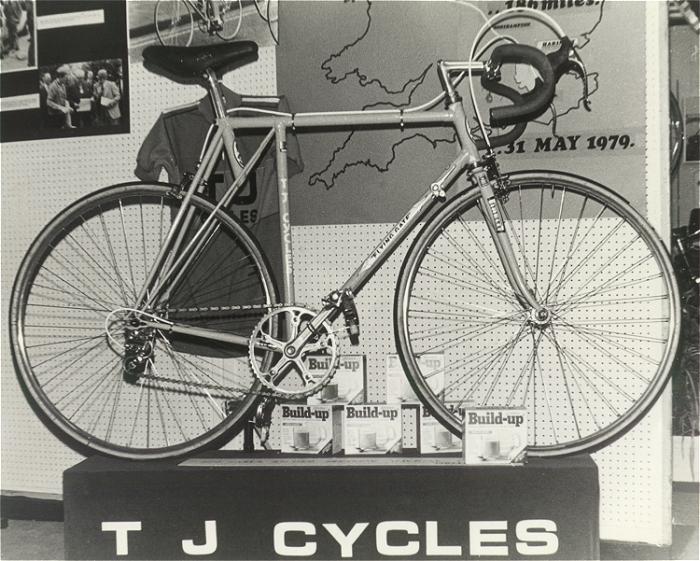
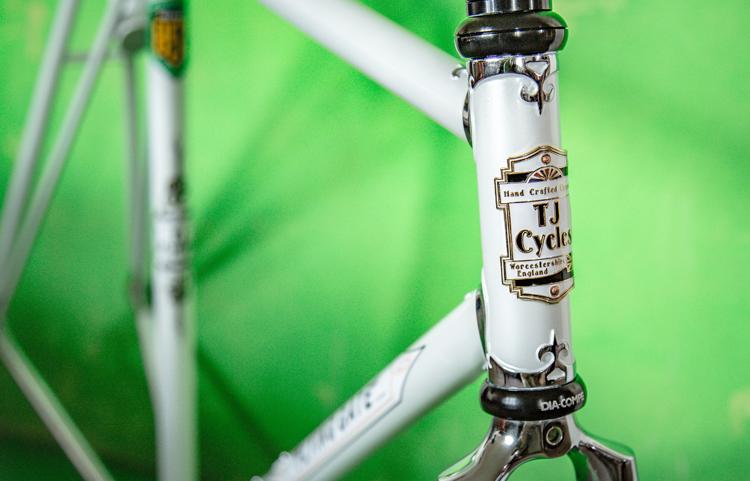
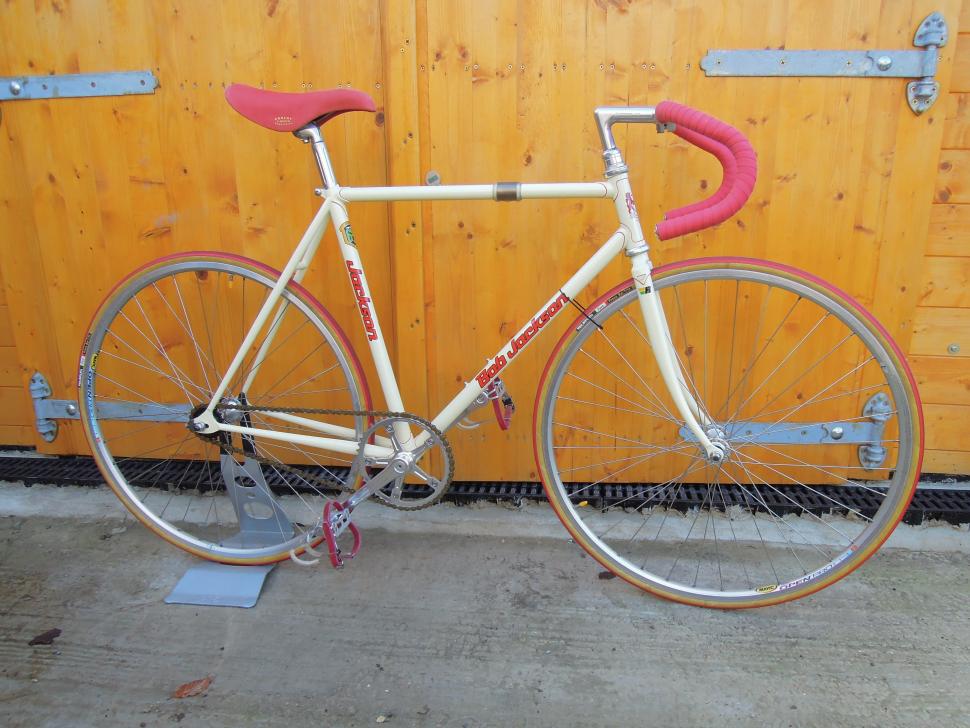

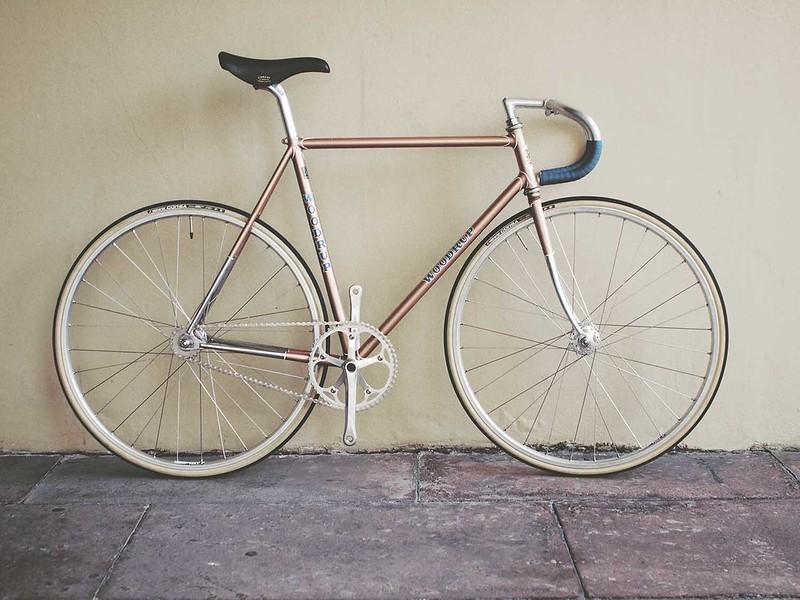
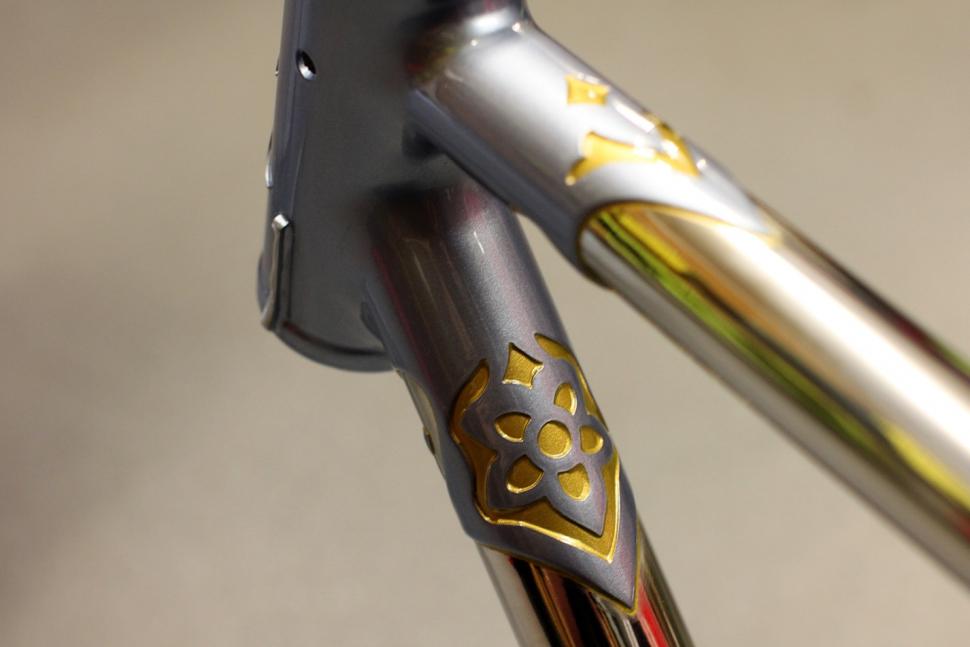
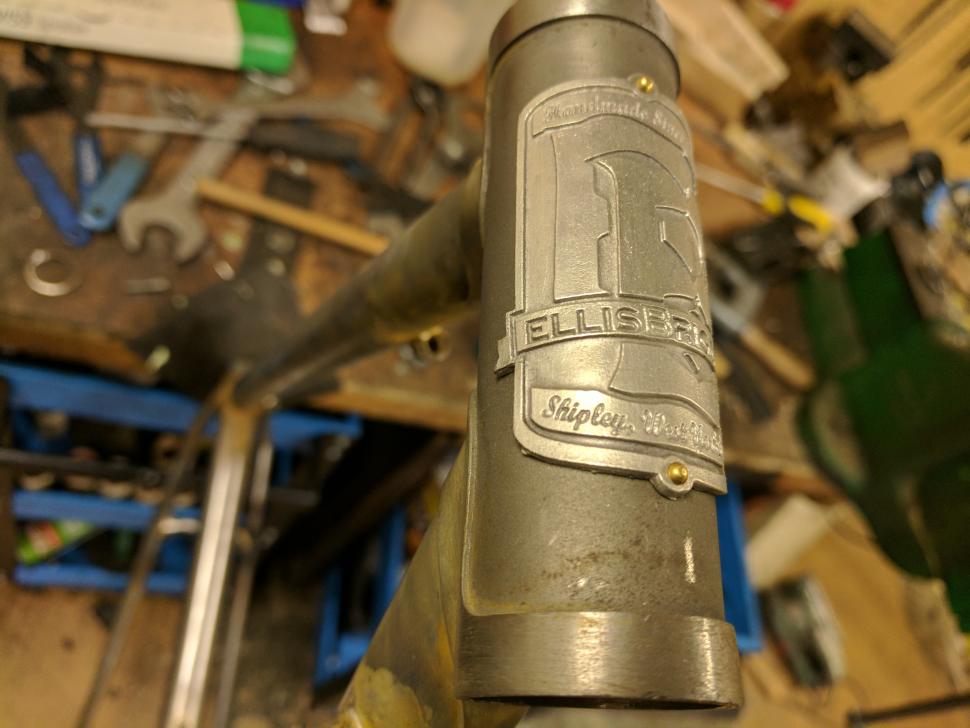



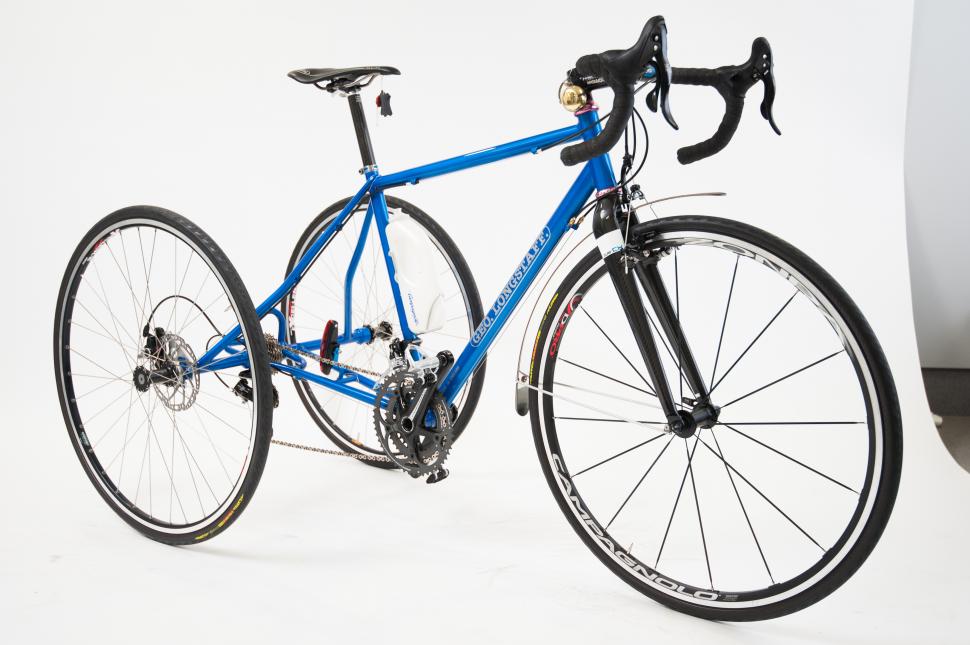

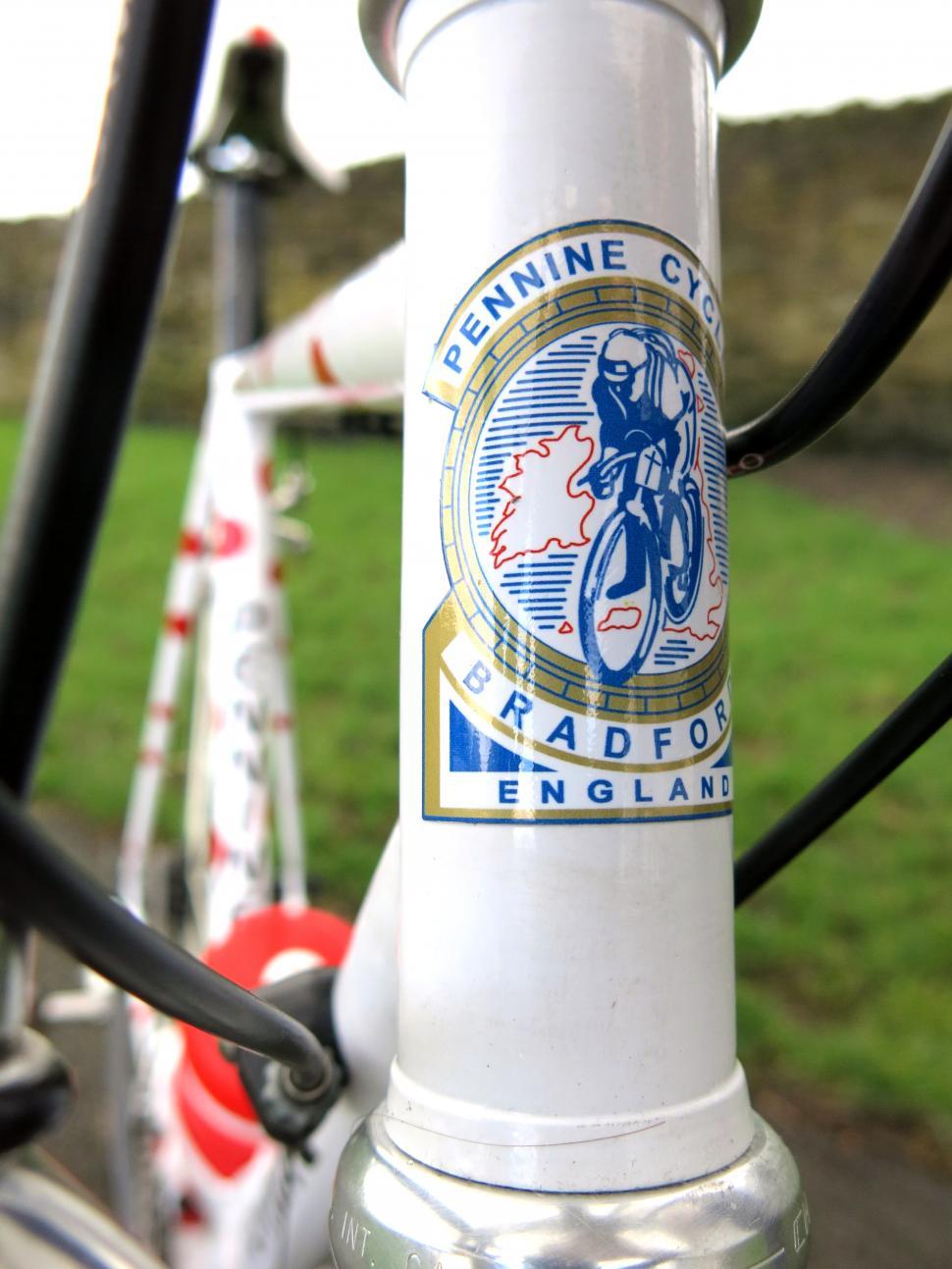


Add new comment
3 comments
Is Dave Yates still in business? I sent an email but it bounced.
No Jack Taylor? Surprised....!
My 2001 Reynolds 853 Longstaff